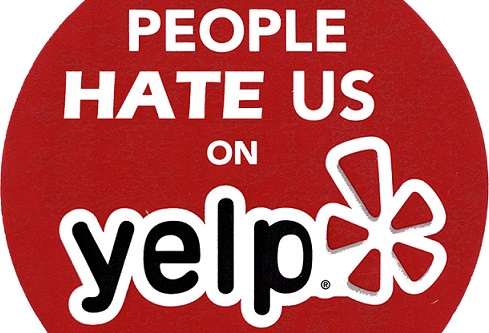Search Engine Optimization is The New Pyramid Scheme.
I am so sick and tired of search engine optimization. Mostly because I’m sick of clients coming to me saying that someone solicited their business and told them all these wonderful tales that if they do x, y, and z, they’ll be on the first page of Google for sure without having to pay for any of the clicks. Below is an email that a client sent to me this afternoon:
———————————————
Hi,
My name is Deborah and I am an Online Marketing Representative.
The reason for my email is I have come across your site and decided to run an analysis on your competition and your current search rankings. I also tried to look for your business on various social media sites and really couldn’t find much else about you.
Over the last 12 months GOOGLE has placed so much importance on Content Creation & Social Media Performance that if your business isn’t creating valuable content or even visible across social media platforms you have basically no chance of being seen on any search engine for keywords your customers are using to find businesses like you.
With a solid plan and strategy I honestly believe I can help get your website ranking higher on GOOGLE and getting customers to interact with your business on Social Media to really build your brand.
Can I call you and run some ideas I have to help your business grow?
———————————————–
Let Me break this down:
There is no such thing as a blueprint to have success in search engine optimization. If you apply the same practuces to 10 websites, you will have at least half of them fail to get on the 1st page. At least. Probably more than half will fail. Deborah is making guesses and selling them as a guaranteed result.
Google makes sure that there’s no one size fits all approach to getting any one website on the 1st page. Google is in the business of making money and they make ranking on the 1st page difficult because they want you to pay for website visitors. They don’t want you to get all these clicks for free.
Small businesses don’t need their brand built by social media. They need new customers and increased sales. Period. Next.
All this search engine gobbledygook to small businesses is a pure waste of time. It’s been proven over and over by companies like mine at Customwave and others, that the best approach is to pay Google to be on the 1st page. Then skip over this whole giant “getting on the 1st page of Google without paying for clicks” mess.
You skip that whole entire thing and move onto more important steps like, are the website visitors converting into phone calls and sales leads. Are the phone calls equaling new customers? Do I need to target different keywords to get better quality sales leads? Those are the things a small business needs to concentrate on.
But someone like Deborah won’t talk about making sure that the website traffic or “social media” presence turns into phone calls. Or if the phone calls will equal new customers. She only talks about getting you on Google. Why? Because I bet most of the time, she never gets to the phone call part. Probably because she can’t even deliver on getting someone on the 1st page of Google.
And if you’ve already seen my client on the 1st page of Google, than I have obviously already done something that you can only claim you can do.
I’m so sick of people like Deborah because they get my client’s hopes up and then waste my time because I have to bring the client back to reality and inform them that people like Deborah are a fraud and scam.
I wish these people would just go away back to the pyramid scheme they came from.
Read More

